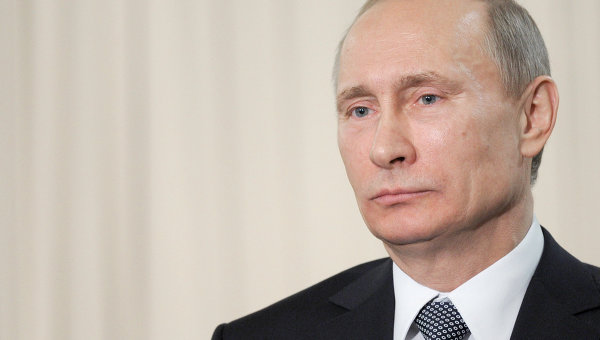
From Steven Pifer, New York Times: When Secretary of State Chuck Hagel announced this month that the Pentagon would increase the number of missile interceptors in Alaska, he noted that the U.S. missile defense program in Europe would be restructured. This means cancellation of Phase 4 of the plan, which called for the deployment of upgraded interceptors in Eastern Europe.
The decision could open the way for resolving U.S.-Russian differences over missile defense, one of the thorniest problems on the bilateral agenda, and remove an obstacle to further nuclear arms reductions — if Moscow can say something other than “nyet. . . .”
A Russian official has expressed opposition to the fact that Phases 2 and 3 of the missile defense plan will go forward in Romania and Poland. SM-3 interceptors in those phases, however, will only be able to engage intermediate-range missiles. That presumably poses no problem for Moscow, as a 1987 treaty bans Russia (and the United States) from having intermediate-range missiles.
Russian recalcitrance may reflect simmering resentment about NATO enlargement, and the prospective deployment of SM-3 missile interceptors in Eastern Europe could add to the unhappiness. But how will small U.S. military detachments with interceptors to defend against missiles that Russia does not have pose a threat to Russia?. . .
Domestic motives may lie behind the Russian position. President Vladimir Putin may see political value in scratchy relations with the United States. Similarly, the Russian Ministry of Defense may hope that keeping alive tensions over missile defense will produce greater resources for military modernization.
If the Russians want to continue the argument over missile defense, they can offer various pretexts. But that should not obscure the main point: their assertion that missile defenses, specifically SM-3 IIB interceptors, will threaten Russian ICBMs and thereby undermine the strategic balance now has no substantive basis.
So is Moscow prepared to engage in a serious way with Washington and NATO to settle the missile defense question and pursue a cooperative approach?
Russian officials have begun to offer a more nuanced reaction to Hagel’s announcement and, on Monday, he and the Russian defense minister, Sergei Shoigu, agreed to resume consultations on missile defense. This is good news.
The question now is whether Moscow can find a way to say yes. Or will it instead seek an excuse to keep the fight going? President Putin, over to you.
Steven Pifer directs the Brookings Arms Control Initiative and is co-author of “The Opportunity: Next Steps in Reducing Nuclear Arms.” (photo: Yana Lapikova/RIA Novosti)
Image: ria%204%201%2013%20putin.jpg
